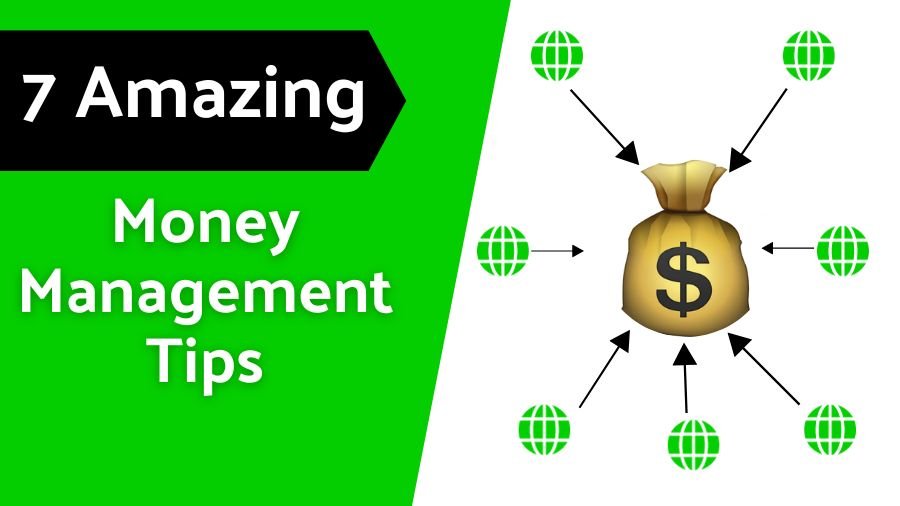Congratulations! You have finally taken the leap of faith from salaried to self-employed. Setting up a business comprises numerous challenges. But if you persevere towards your business goals, you will likely have a flourishing business in no time. However, self-employed money management is one essential aspect that newbie entrepreneurs tend to ignore.
Many newly self-employed people forget to look into their finances until it is too late. Therefore, this article will discuss 7 essential money management tips that can help you figure out how to manage self-employment income.

7 Self-Employed Money Management Tips
1 Make a Budget
Budgeting is the ethos of sound financial planning. A budget works like your financial GPS guiding you to your goals as you work through the month. Define the average amount you spend on essentials, discretionary items, and entertainment every month. Knowing your earning, saving, and spending capacity can help you make informed decisions about personal expenses throughout the year.
2 Avoid Relying on a Credit Card
Relying on your credit card to cover your expenses when running short of funds is not advisable. Running a high credit card bill, you cannot repay immediately can land you in a financial mess.
There are various financing options available to self-employed people, and you should be aware of your options before deciding to overspend on your credit card. If you are a small business owner or a self-employed individual looking for financial support – consider exploring the best personal loans for self-employed individuals instead.
3 Set an Income Pattern
Tracking your income and setting a pattern helps you track and manage your earning better. Self-employed individuals may have inconsistent income, but you can figure out an average income to work with. In lean months, you may earn less and much more in lucrative months, but keeping an average amount in mind can help you set a reliable income pattern.
4 Put Aside Money for Taxes
One advantage of being a salaried individual is that your employer calculates, deducts, and pays your tax. When you are self-employed, remember to account for taxes and set some amount aside for them. Planning for taxes is essential for both personal and business finances. Spend time calculating tax implications on your earning and save in advance to pay your taxes in full.
5 Pay Yourself a Salary
Being a business owner, paying yourself a regular paycheck can help you simplify your finances. It prevents you from dipping into your business funds for personal expenses and vice versa. Depending on your budget, you can determine the minimum amount you need and define a monthly salary for yourself.
6 Set up an Emergency Fund
An emergency fund is necessary for everyone. But it becomes even more critical when you are a newly self-employed person. Aim to build an emergency fund that can cover your and your family’s personal expenses for at least 3-6 months in the face of an emergency.
When COVID hit, small business owners without an emergency fund were in dire circumstances. But those with emergency savings were able to stay afloat. Having an emergency fund account equips you even for the worst-case scenario.
7 Buy Insurance
When you work for someone else, they may offer health and life insurance to you. Self-employed individuals do not have that support. It is essential that your medical bills are covered and do not eat into your savings. You should explore the best available policies and buy your insurance from the get-go.
Good financial planning succeeds only when it is followed with discipline. Self-employed individuals have many good months in a year but also many challenging months.
If you understand how to budget when self-employed, you can start on the right foot and go on to build a large corpus. Efficient money management practices from the beginning can go a long way to offer robust financial support for you and your business.